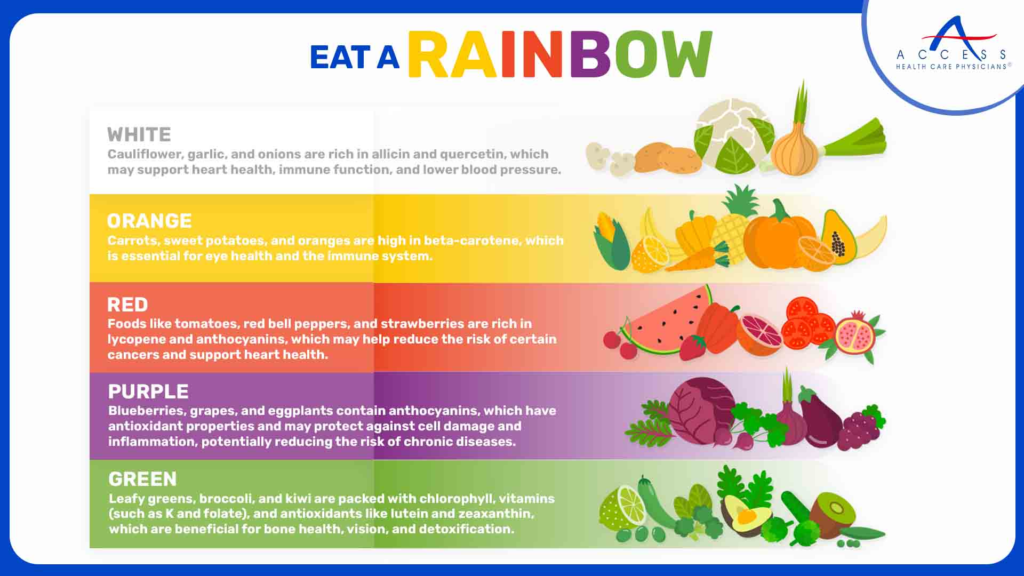Dietary supplements in the present-day health-conscious era have become a multi-billion-dollar business that promises a range of benefits from improved physical development, to muscle building, to overall health improvement Yet, between the marketing hype and pictures of gleaming advertisements, one basic question lingers: do we actually need milk supplements to bulk up our bodies? Now let’s address this question with real data from several around the world.

Table of Contents
The Global Supplement Industry: By the Numbers
The dietary supplement market is massive and growing rapidly:
- The global dietary supplement market was worth about US$ 177.5 billion in 2023 and is anticipated to reach a value of US$ 258.75 billion by 2029, expanding at a CAGR of 9.1% Grand View Research
- Globally, about three-quarters of them claim they take supplements at least part of the time, according to market research Innova Market Insights
- 57.6% of adults in the United States reported using dietary supplements in the last 30 days, and the use of dietary supplements was more common among women (63.8%) compared to men (50.8%) CDC
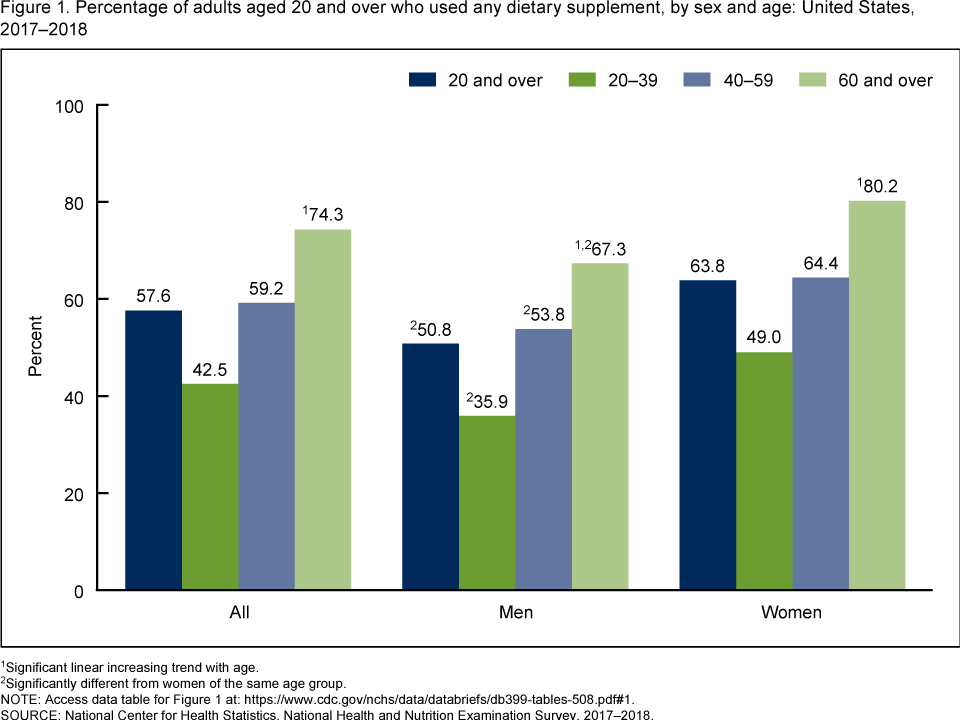
This data suggests supplements are very popular. But popularity does not mean necessity. In order to comprehend our central question, we need to explore what science has to say about the effectiveness of the supplements for body growth.
Supplements and Body Growth: What the Science Says
When we speak about “body growth,” we are usually discussing muscle growth, bone density, height (especially in adolescent children), and other forms of growth. Here’s what research shows about supplements often marketed this way:

Protein Supplements
Protein supplements, particularly whey protein, are among the most popular for muscle growth:
- When used in conjunction with resistance exercise, studies indicate that protein supplements can aid muscle protein synthesis Healthline
- But when total protein intake is matched, most studies show that protein supplements provide no clear benefit, compared with getting your protein from whole foods — although they may be convenient
- According to the International Society of Sports Nutrition, the recommended amount of protein for the average active person is 1.4-2.0g per kg of body weight and this can come from food National Academy of Sports Medicine

Creatine
Creatine is one of a handful of supplements with serious scientific support:
- And several studies have shown that supplementing with creatine can significantly enhance muscle mass and strength when paired with resistance training ( 28, 29 ).
- It does this by raising phosphocreatine stores in muscle, assisting with ATP (energy) generation during strenuous exercise
- But then about 20-30% of people are “non-responders,” where there is little benefit Cleveland Clinic
Growth Enhancement Supplements

For height and overall body growth:
- Despite marketing claims, there’s no scientific evidence that over-the-counter supplements can increase height in adolescents or adults
- Supplements that increase growth hormone have little to no impact on real hormone levels in healthy humans.
- Getting enough food that contains calcium, vitamin D, protein and other nutrients is much more important for healthy growth in children and adolescents Columbia University Irving Medical Center
Food vs. Supplements: The Comparison
When we compare obtaining nutrients from whole foods versus supplements, research consistently favors food:
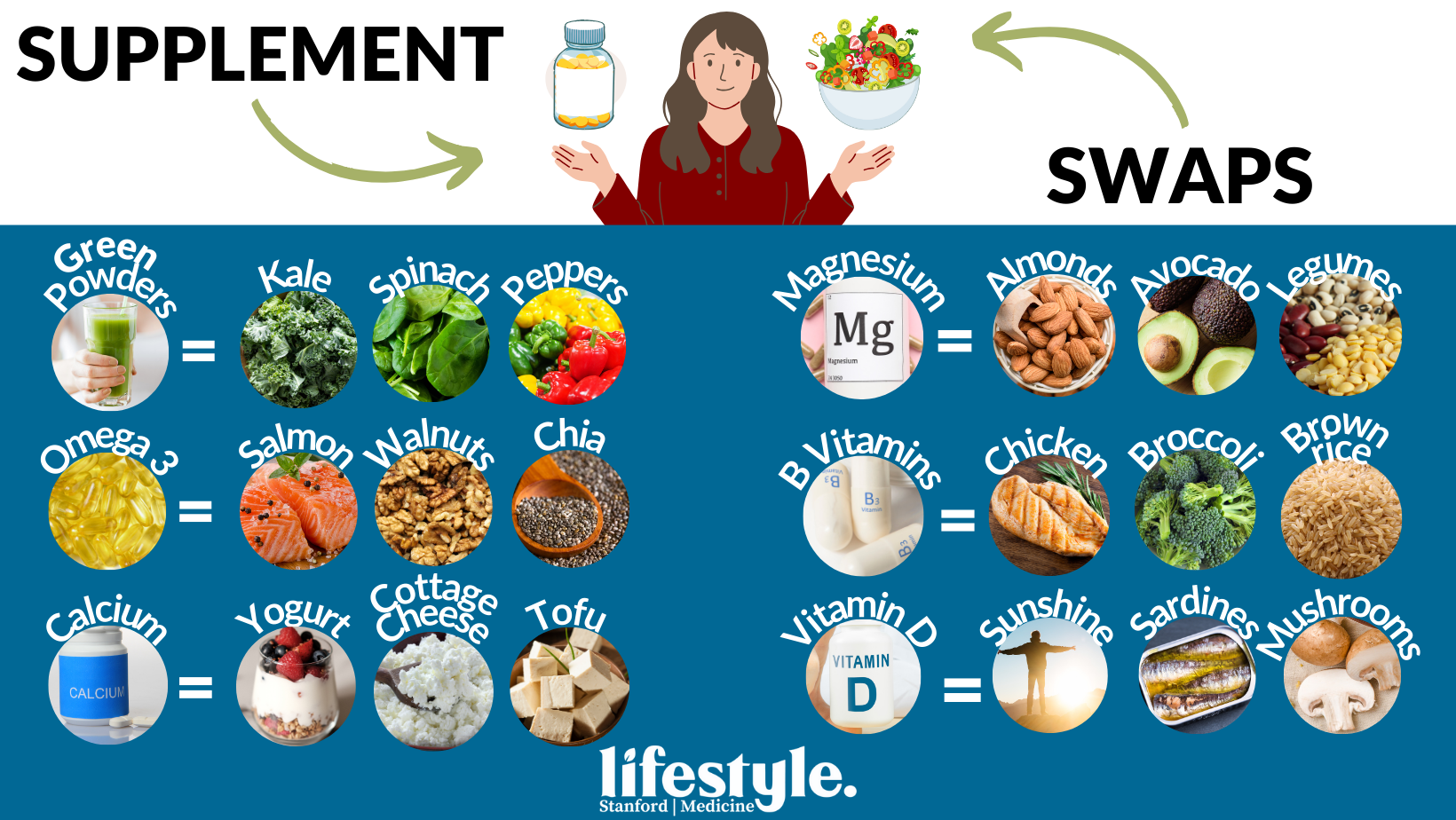
The key differences include:
- Bioavailability: Nutrients in food are typically coupled with cofactors that help absorption
- Nutritional Completeness: Whole foods have thousands of extra phytonutrients and antioxidants not present in supplements
- Safety: There’s almost no risk of toxicity from getting nutrients through whole foods
- Synergistic effects: Nutrients in food work in ways that supplements alone cannot replicate
According to Harvard Medical School, “The typical American doesn’t suffer from vitamin or mineral deficiencies, and several studies show that taking extra vitamins and minerals doesn’t protect against disease or improve overall health in otherwise healthy people.” Harvard Health
Who Actually Needs Supplements?

Although most healthy adults can attain all of the nutrients they need from food, some groups may benefit from supplementation:
- Pregnancy (folic acid and prenatal vitamins)
- Elderly (vitamin B12, vitamin D, calcium)
- Those with illnesses impacting on nutrient absorption
- Vegans (B12 + maybe iron) so also vegetarians
- Individuals with diagnosed nutrient deficiencies
- Athletes with very high caloric requirements
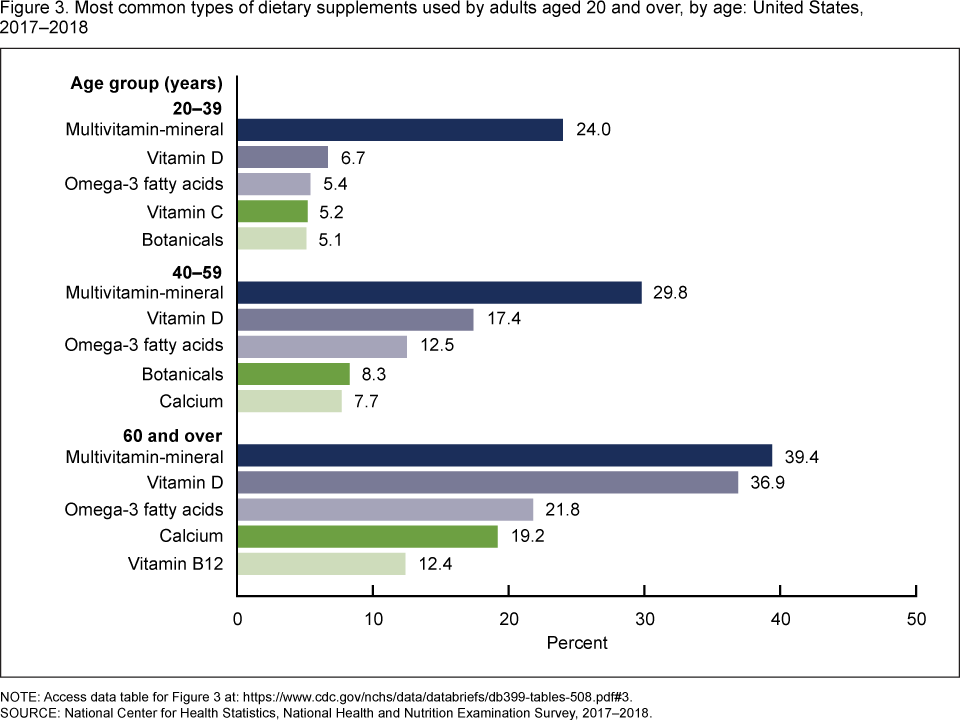
A Global Perspective: Cultural Variations
Supplement use varies significantly across countries and cultures:
- Supplements are also very widely used in the United States, Canada and Australia, with approximately 50–75% of adults in these countries taking at least one supplement3.
- In a lot of European countries supplement use is somewhat lower but still important
- In developing countries, the use of supplements remains low, and tend to be more needs based.
- Some data suggest, in Asian countries such as Japan and South Korea, functional foods are more commonly promoted than isolated supplements
This variation suggests that supplements are more of a cultural phenomenon than a biological necessity.
The Bottom Line: Do We Really Need Supplements?

According to global data and scientific research, for the majority of population, the answer is: No, supplements are not required for the body to grow, if you follow a balanced diet.
Key takeaways:
- Fruits and vegetables, lean proteins, whole grains and healthy fats provide the vast majority of nutrients for ideal body development, so prioritize whole foods first.
- Avoid taking supplements on a whim: Assess specific needs based on your diet, exercise habits and any medical conditions.
- The same thing applies to you as the next person who might be reading this.
- Be realistic about claims: Many supplement claims lack scientific evidence. This is the most powerful “supplements” to grow body.
- Progressive resistance exercise
- Sufficient Protein Intake (1.4-2.0g/kg BW)
- Sufficient calories
- Quality sleep
- Proper hydration
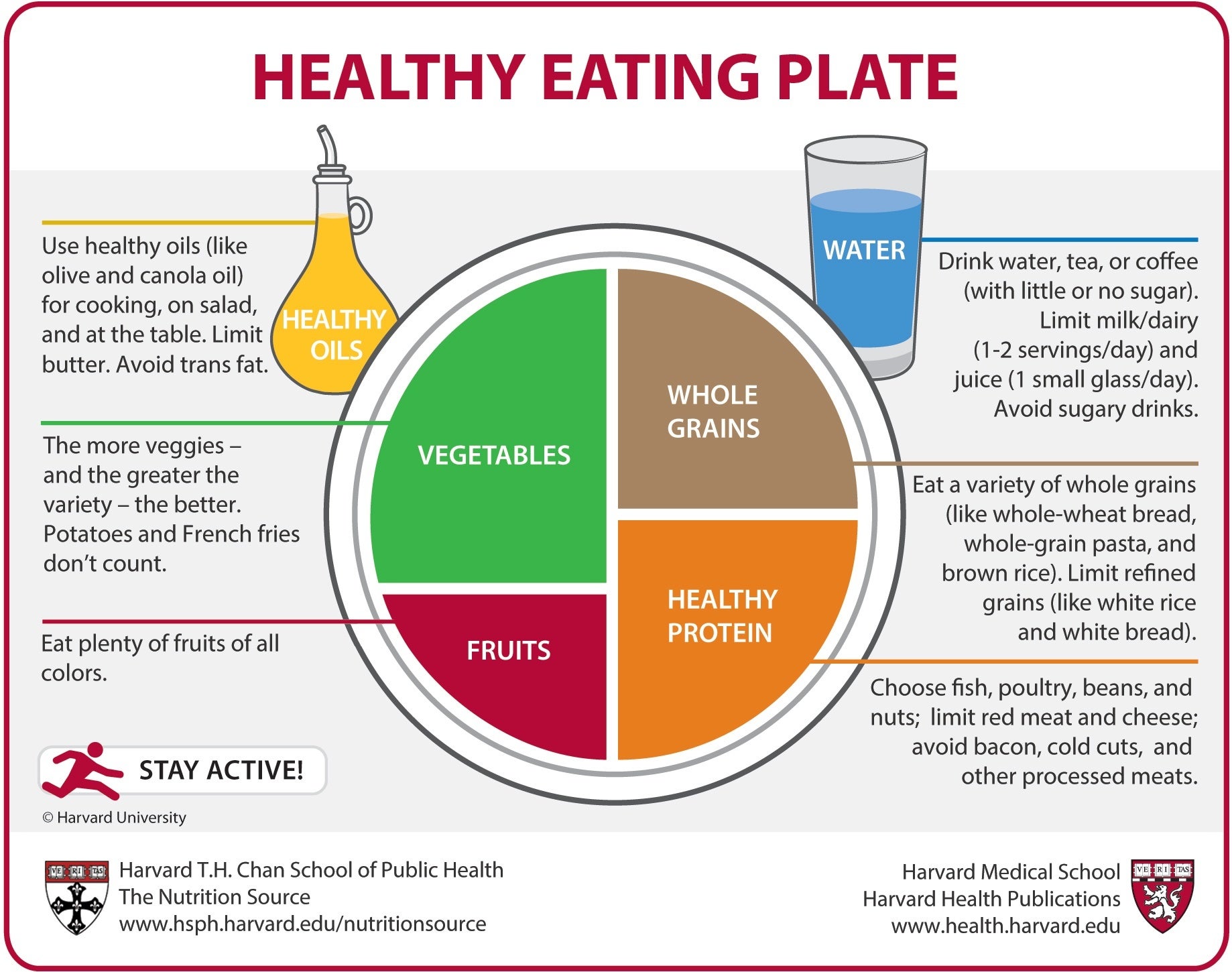
Conclusion
And although the worldwide supplement industry has been booming, the scientific backing for taking supplements to grow your body is still weak. For most healthy individuals, a balanced diet supplies all the necessary nutrients for optimal physical development. Supplements should be treated like what their name indicates — supplements to an already healthy diet, not replacements for one.
The most proven approaches to muscular growth aren’t bottled and powdered but rather use consistent exercise, real food nutrition, sleep and hydration. In fact, devoid of culture and continent these are the absolute parameters on which body grows and develops, the universal guidelines for development.
